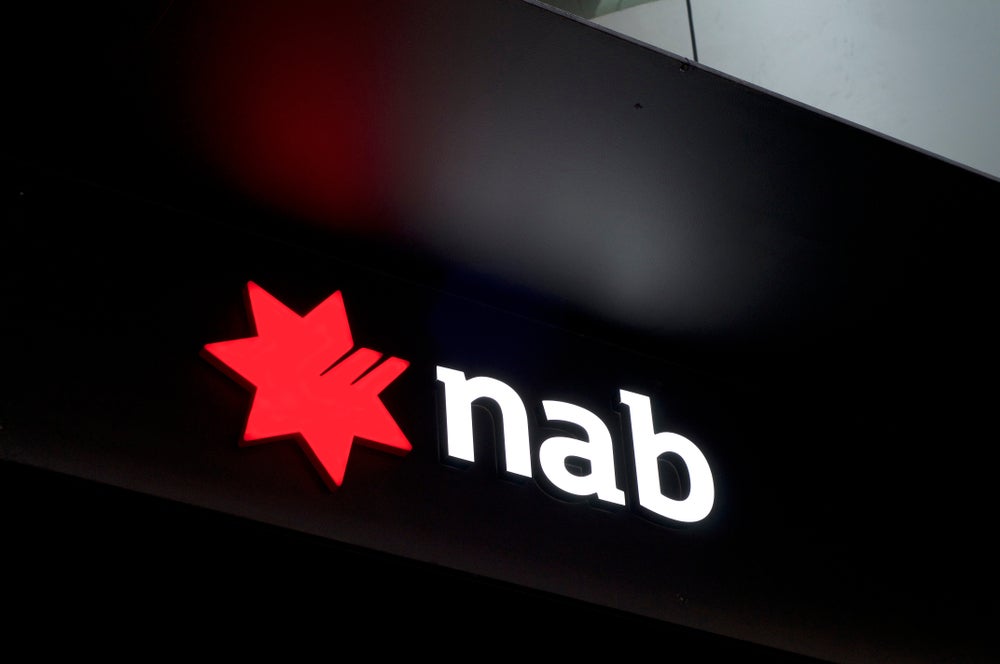
Australian consumers are cutting back on travel in favour of boosting their savings. New NAB consumer sentiment data shows the trend of ‘careful cutbacks’ is continuing. Specifically, NAB reports that Aussies are saving around A$528 a month from cancelled, postponed and slimmed down travel in the first quarter of this year (up 39% on Q4 2023).
NAB consumer sentiment data
- Millennials have made the biggest travel savings so far this year, around A$743 a month. This is followed by A$645 a month for 50–64-year-olds, A$440 for 65+ and A$329 for Gen Z.
- The savings are being used to cover more expensive everyday items (59%), boost savings/offset accounts (42%) and pay down mortgages (20%).
- Gen Z is most likely to put the extra money into savings or an offset account (56%), followed by 30 – 49-year-olds (43%).
NAB Personal Everyday Banking Executive Paul Riley said Australians were getting smarter with their budgeting and planning longer term.

Access deeper industry intelligence
Experience unmatched clarity with a single platform that combines unique data, AI, and human expertise.
“Australians are prioritising essential costs and boosting savings by choosing to postpone, slim down or cancel travel plans this year,” said Riley.
“Where we saw people making quick, short-term budget cuts last year, we are seeing more consideration and longer-term budgeting happening, which is really positive.”
Looking ahead, 1-in-4 Australians are likely to reduce spend on travel in the next 12 months, both internationally and domestic.
“People are making smarter spending changes to manage their budgets in their own way. That may be scaled-back holidays, less dining out or spending less on entertainment.

US Tariffs are shifting - will you react or anticipate?
Don’t let policy changes catch you off guard. Stay proactive with real-time data and expert analysis.
By GlobalData“This is another example of the ‘loud budgeting’ trend we have seen emerge over recent months. People are feeling more comfortable to set budgeting boundaries and communicate them openly with their friends and family.”







